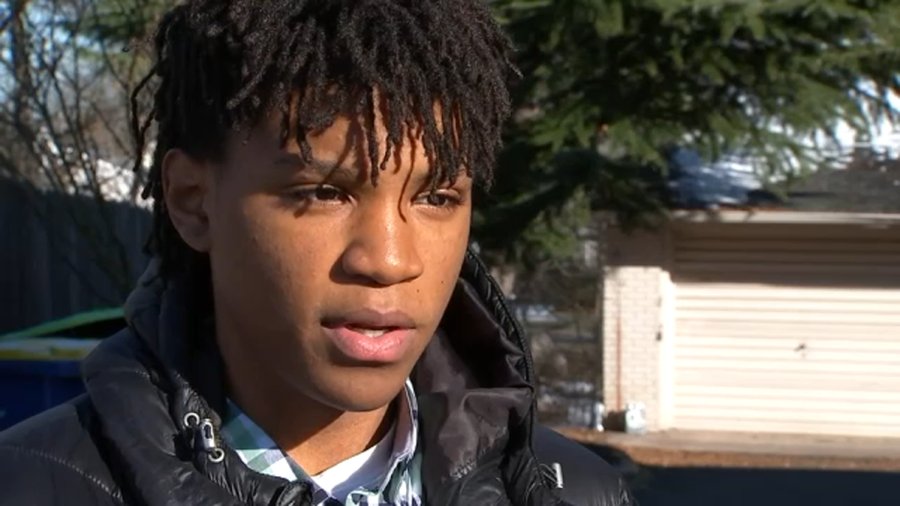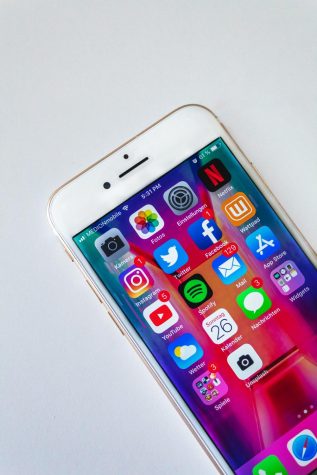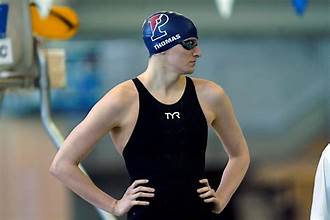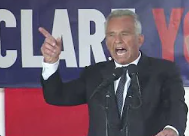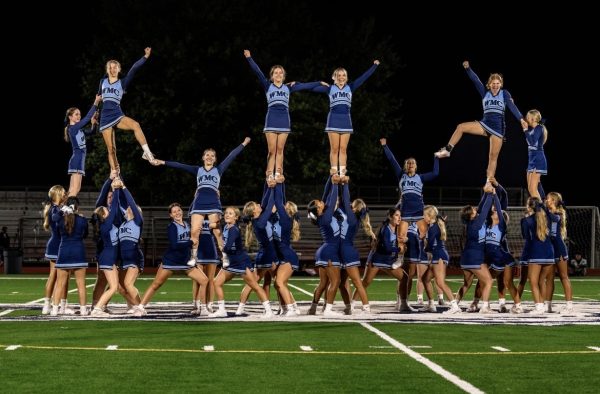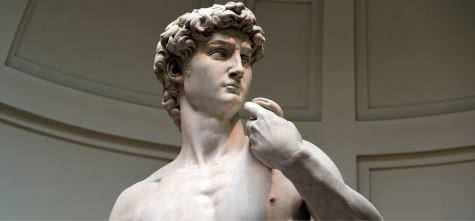The Bridgewater Mall Fight
A fight between two teenagers at Bridgewater Commons mall has garnered national attention after video footage from the altercation depicted a drastic difference in how police treated the black teen versus his light-skin counterpart. On February 12th, 14-year-old Z’Kye Hussain became engaged in a fight with 15-year-old Umar Joseph Franco after they exchanged heated words. Hussain is seen in the video smacking away Franco’s hand after he pointed his finger in Hussain’s face, Franco then shoves Hussain in retaliation and the boys start throwing punches. Despite the light-skin boy being on top of Hussain when the police arrive, the male officer quickly tackles Hussain to the ground and handcuffs him with his knee on his back. The female officer leads Franco to sit on a nearby couch and goes to assist the male officer with handcuffing Hussain and puts her knee on his upper back. There is no resistance from either of the boys once the police arrive, with Franco even lifting up his hands to be cuffed but denied by the female officer. Neither boy has been charged with anything, and both are banned from the mall for three years.
Police brutality against minorities is nothing new, and this video only offers further proof of police incompetence. As Hussain told CNN, “if they don’t know how to treat the situation and deal with the situation equally, then they shouldn’t be able to deal with the situation at all.” Furthermore, the NAACP New Jersey Conference calls for the officers to be removed from the force. Although from what the video shows, this was not a premeditated racial hate crime, the implicit bias reflected by the officers is too obvious to ignore. As Hussain’s mother says, “If it wasn’t for race, then what is it?” Furthermore, the color of Hussain’s skin reflected his race, and while many media outlets are referring to Franco as white, he is actually Colombian and Pakistani. It leaves viewers to question whether or not the outcome of the situation would have been different if Franco was not white-passing. The Bridgewater Police Department has responded to the outrage saying, “We recognize that this video has made members of our community upset and are calling for an internal affairs investigation,” with the Somerset County Prosecutor’s Office.
The way the cops treated Hussain reflects a larger problem with the policing system using excessive force. Craig Mcarthy from New Jersey Advance Media writes, “Using force is a normal and necessary part of policing, but it’s also one of the most serious ways officers can abuse their power. The excessive force causes needless injuries, erodes public trust, and can cost taxpayers millions of dollars in lawsuits.” The disconnect between cops and regular citizens is fueled by an ever-growing power dynamic caused by years and years of racially biased violence at the hands of those supposed to protect. As the old saying goes, “don’t bite the hand that feeds you,” except the police have bit, shot, and killed too many people for the greater population to uniformly respect them after decades of this malpractice. Jill Lepore at The New Yorker reflected in her article detailing the history of the police, “To say that many good and admirable people are police officers, dedicated and brave public servants, which is, of course, true, is to fail to address both the nature and the scale of the crisis and the legacy of centuries of racial injustice. The best people, with the best of intentions, doing their utmost, cannot fix this system from within.” The system is inherently broken, it’s a “… culmination of a thousand other failures—failures of education, social services, public health, gun regulation, criminal justice, and economic development.” Until major law enforcement change takes place, the American people will continue to be victims of an unjust system. From a middle-schooler being wrongly handcuffed in a mall, to being shot in their own homes, black Americans face unjust brutality from the police that cannot be fixed without major change much larger than singular cops within the system.
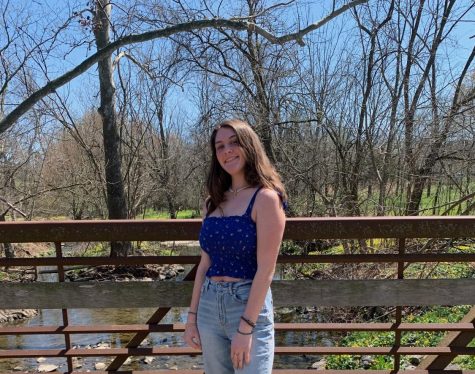
As a senior at West Morris Central, Caroline Miller is making her debut as a staff writer for The Paw. She frequently participates in extracurriculars...

